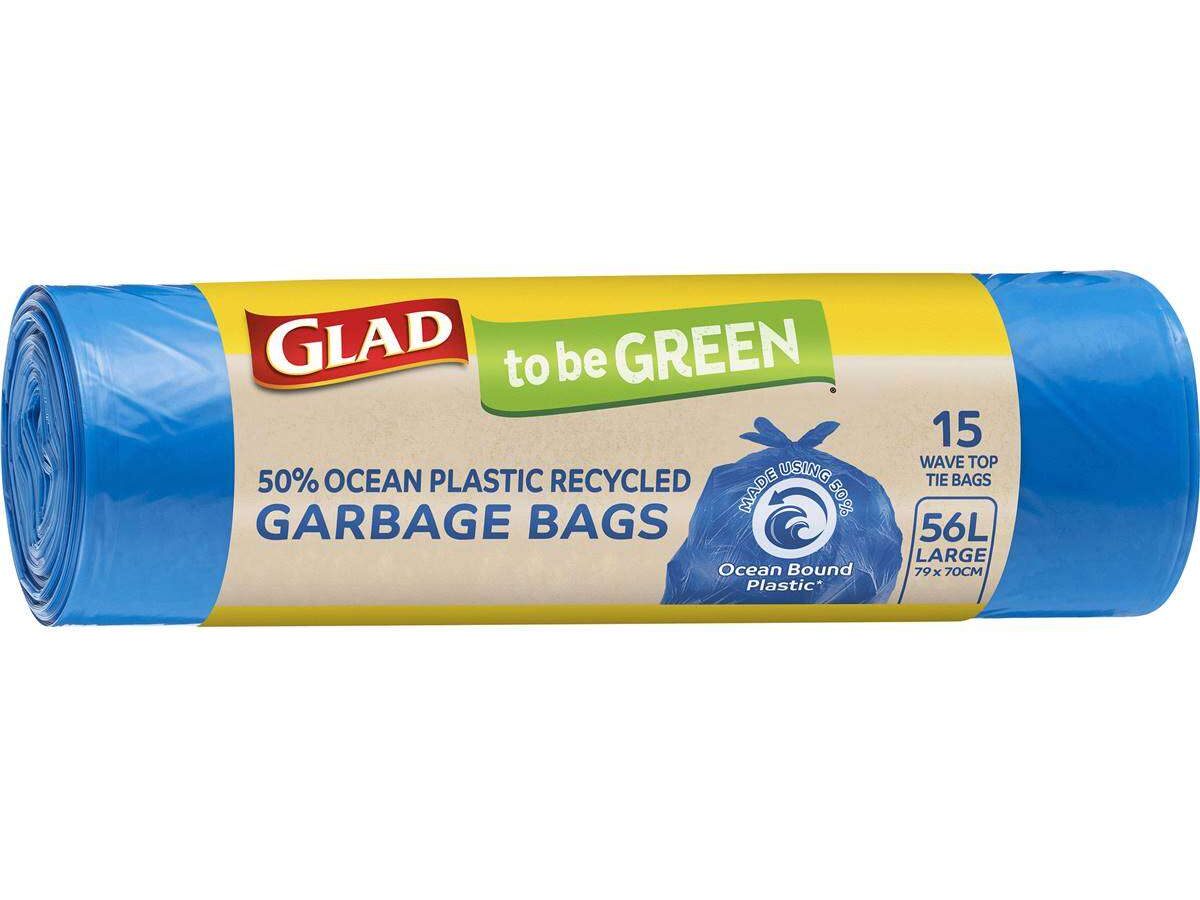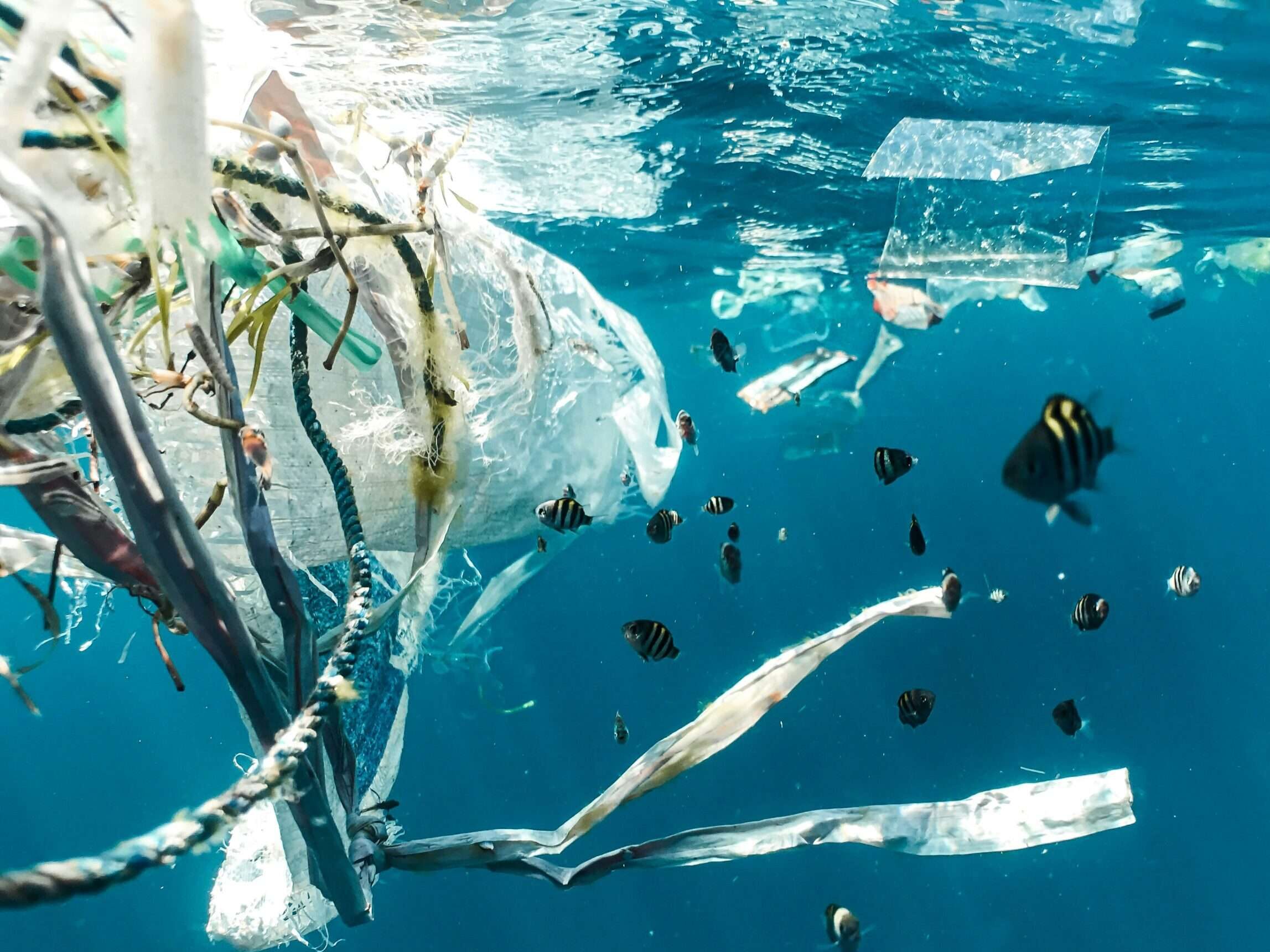In April 2024, the Australian Competition and Consumer Commission (ACCC) initiated legal proceedings against Clorox Australia Pty Ltd, the manufacturer of GLAD-branded kitchen and garbage bags, alleging false and misleading environmental claims regarding their products’ composition.
Allegations Against Clorox
The ACCC contended that Clorox represented its GLAD Kitchen Tidy Bags and Garbage Bags as being made from “50% Ocean Plastic,” suggesting that half of the plastic used was sourced directly from the ocean.
However, investigations revealed that the recycled plastic originated from communities in Indonesia located up to 50 kilometres inland from the shoreline, not from the ocean itself.
The packaging featured prominent statements such as “50% Ocean Plastic Recycled Bags” and “Made using 50% Ocean Plastic,” accompanied by wave imagery and blue-coloured bags, which the ACCC argued could mislead consumers into believing the plastic was sourced from ocean waste.
Greenwashing and Legal Consequences
This case is a textbook example of greenwashing, where companies make misleading environmental claims to appear more eco-friendly than they actually are. Greenwashing undermines consumer trust and presents an unfair advantage to companies that engage in these deceptive practices.
READ: The Ultimate Guide to Greenwashing: How to Spot and Stop Fake Sustainability
In February 2025, Clorox agreed to an $8.25 million civil penalty for these misleading representations, marking a significant enforcement action by the ACCC against greenwashing practices. This case underscores the ACCC’s commitment to ensuring that environmental claims made by businesses are accurate and not misleading to consumers.
Implications for Businesses
This case serves as a cautionary tale for companies operating in Australia, highlighting the importance of ensuring that all environmental claims are truthful and substantiated. Misleading representations not only damage consumer trust but can also lead to substantial financial penalties and reputational harm. Businesses are advised to thoroughly verify the accuracy of their environmental claims and ensure transparency in their marketing practices to avoid similar pitfalls.
In conclusion, the ACCC’s action against Clorox emphasises the critical need for honesty and accuracy in environmental marketing claims. As consumers become increasingly eco-conscious, businesses must ensure that their sustainability claims are genuine and verifiable to maintain trust and compliance with regulatory standards.
Popular Articles





